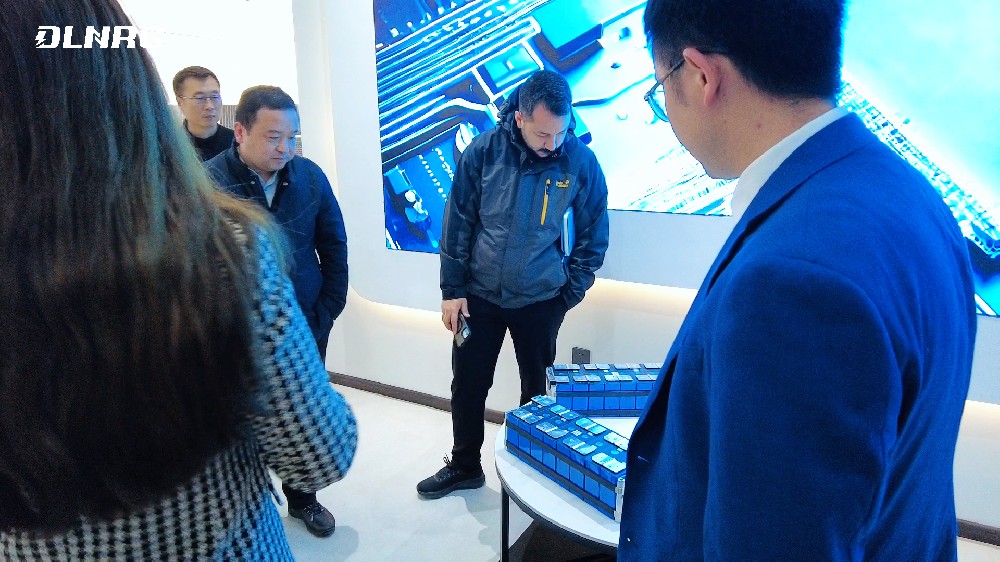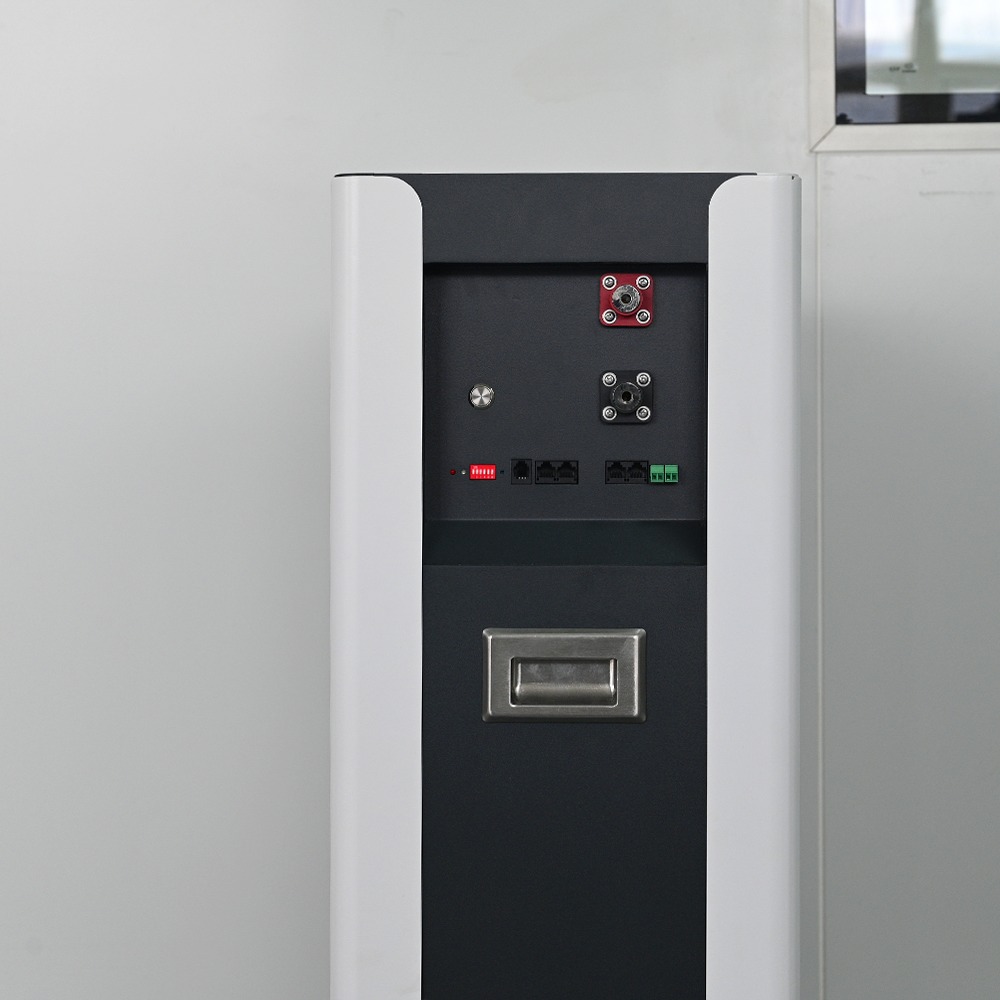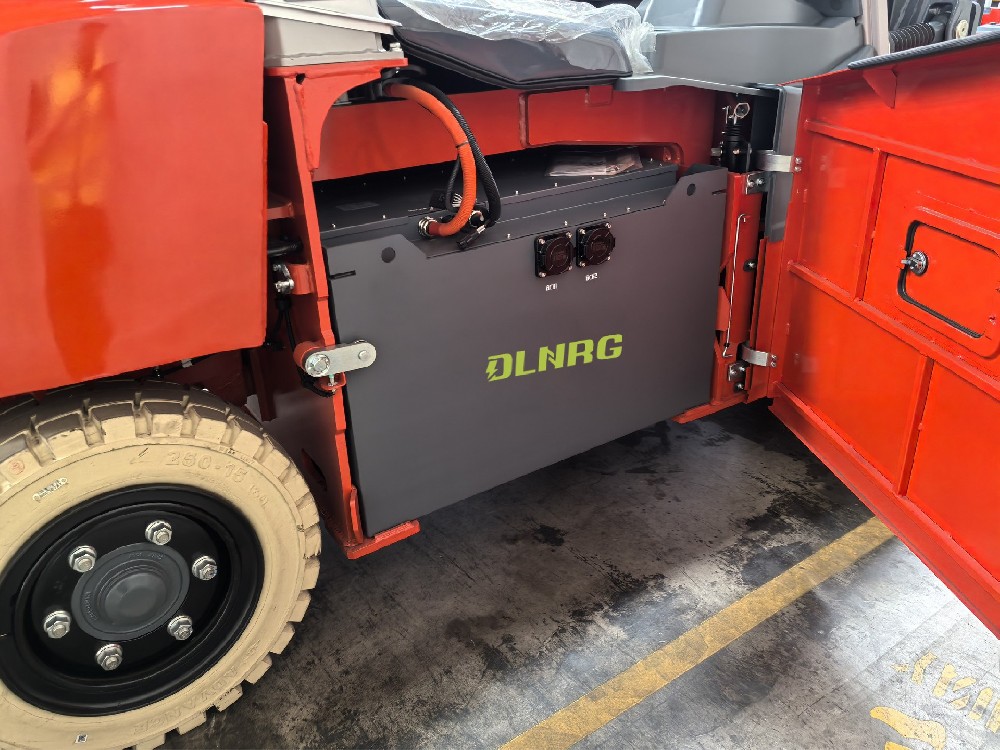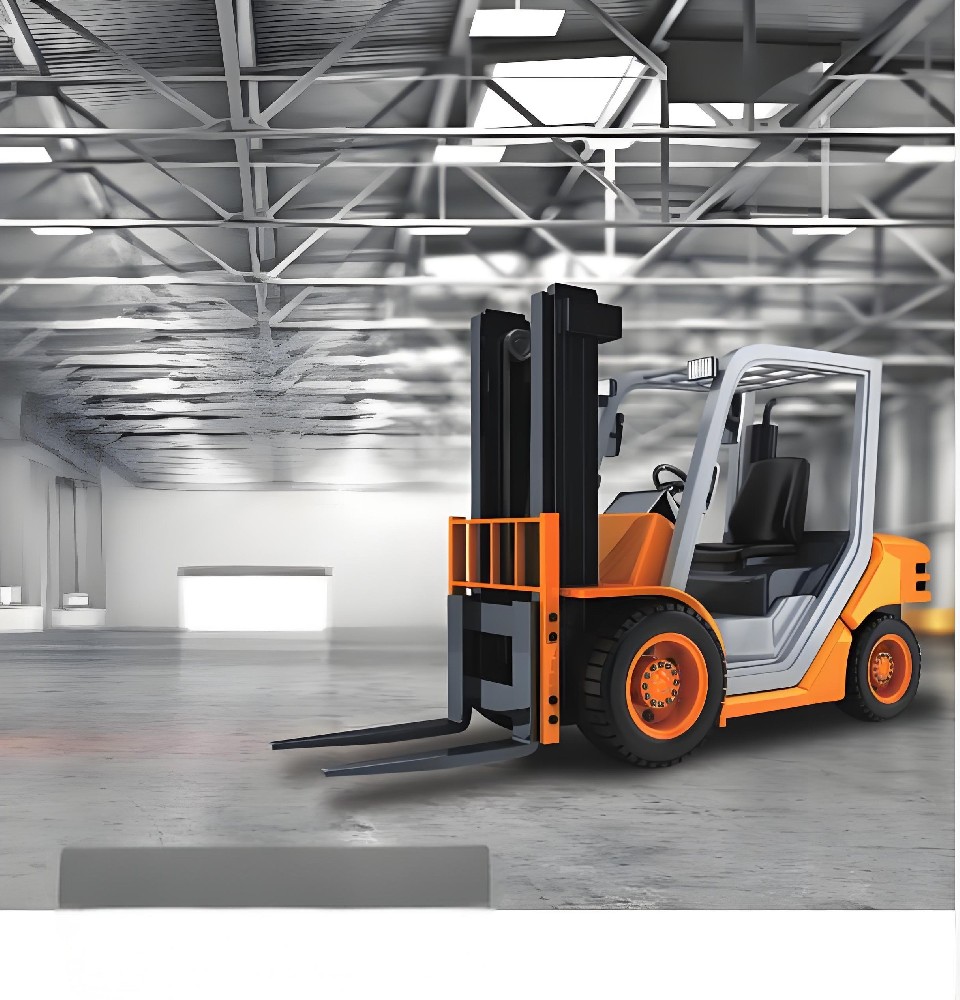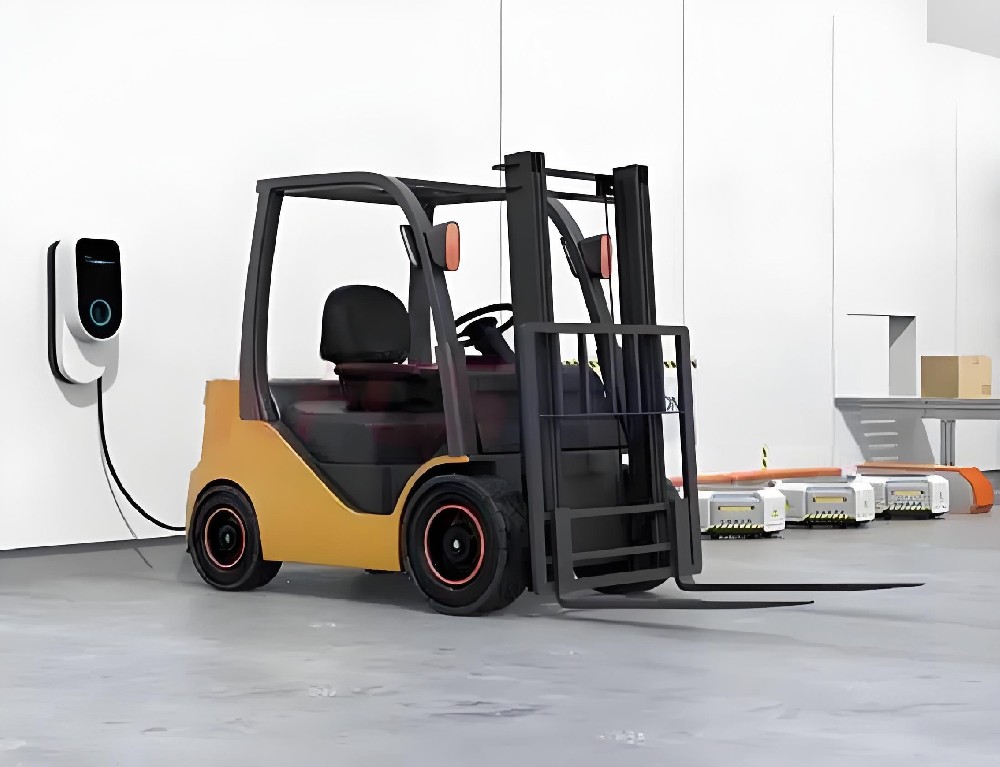Introduction
The forklift battery industry has come a long way since its inception, and one of the most significant advancements has been the development and adoption of more efficient and eco-friendly battery systems. A pivotal moment in this evolution has been the transition from lead-acid batteries to lithium batteries, and understanding the implications and benefits of this shift is vital for businesses and operators alike. This article discusses the background and critical differences between these two types of batteries, highlighting why lithium batteries have become the preferred choice for electric forklifts.
The Role of Lead-Acid Batteries
Lead-acid batteries have been the go-to power source for electric forklifts for many decades. They work by creating an electrical current resulting from a chemical reaction between lead plates and an electrolyte solution of sulfuric acid. These batteries have been successful due to their cost-effectiveness and reliability but have a fair share of downsides. These include the release of toxic gases during charging, a relatively short cycling life, and the need for regular maintenance.
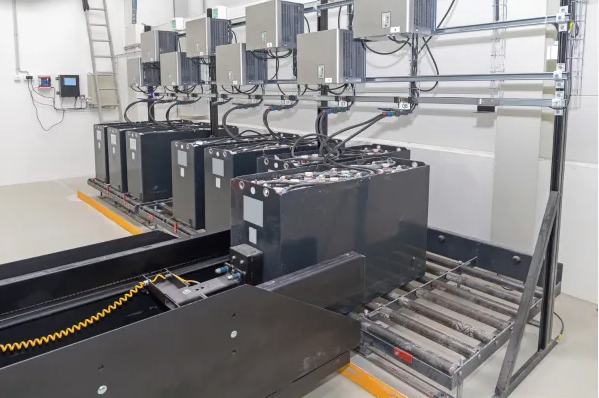
The Emergence of Lithium Batteries
Lithium-ion batteries first emerged in the 1970s, but it wasn’t until the 1990s that their use spread rapidly in the portable electronics industry. As a result, these batteries began to catch the attention of forklift manufacturers looking for a more efficient alternative to traditional lead-acid batteries. Lithium-ion batteries store energy by moving lithium ions between the anode and cathode within the cells, making them much more energy-dense than their lead-acid counterparts.
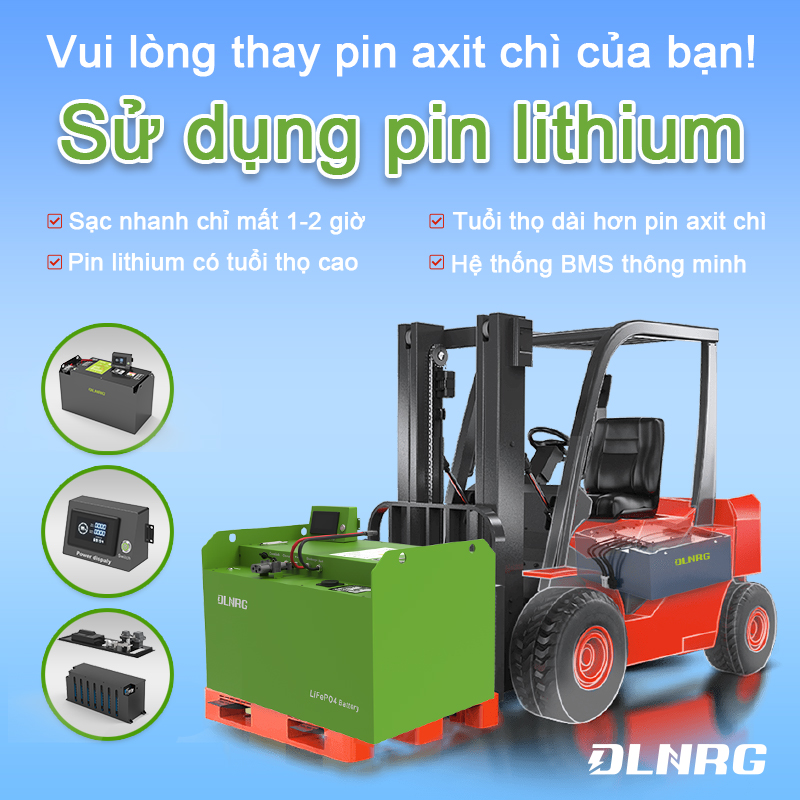
Comparing Lead-Acid and Forklift Lithium Batteries
There are several critical differences between lead-acid and lithium batteries that have made the latter more appealing for electric forklift applications:
Efficiency: Lithium batteries offer a higher energy density, meaning more energy can be stored in a smaller space, leading to increased power output and longer run times.
Weight: Lithium batteries are lighter than lead-acid batteries, which improves forklift maneuverability by reducing overall vehicle weight.
Maintenance: Lead-acid batteries require constant maintenance, like watering and equalizing charges, while lithium batteries are virtually maintenance-free.
Lifespan: Lithium batteries typically have a longer cycle life than lead-acid batteries, continuing to provide consistent performance over many years.
Charging: Lithium batteries can be opportunity seized and support partial charging, which can help increase productivity by reducing downtime for charging.
Environmental impact: Lithium batteries are environmentally friendlier than lead-acid batteries, as they do not contain lead or generate harmful gases during charging. Looking Ahead: The Future of Forklift Batteries
Lithium batteries are increasingly essential in the forklift industry as the market demands more efficient and eco-friendly solutions. The benefits of lithium batteries, such as their energy density, lightweight design, and low maintenance, all contribute to their rising popularity over traditional lead-acid batteries.
In addition, ongoing advancements in battery technology ensure that lithium batteries will retain their edge in the coming years. For example, researchers are looking into solid-state batteries, which promise even higher energy density and improved safety.
With a focus on innovation and sustainability, it is clear that lithium batteries are shaping the future of the electric forklift industry. Businesses and operators must take notice of these shifting trends and be prepared to adapt accordingly to maximize efficiency, cost-effectiveness, and environmental responsibility.
